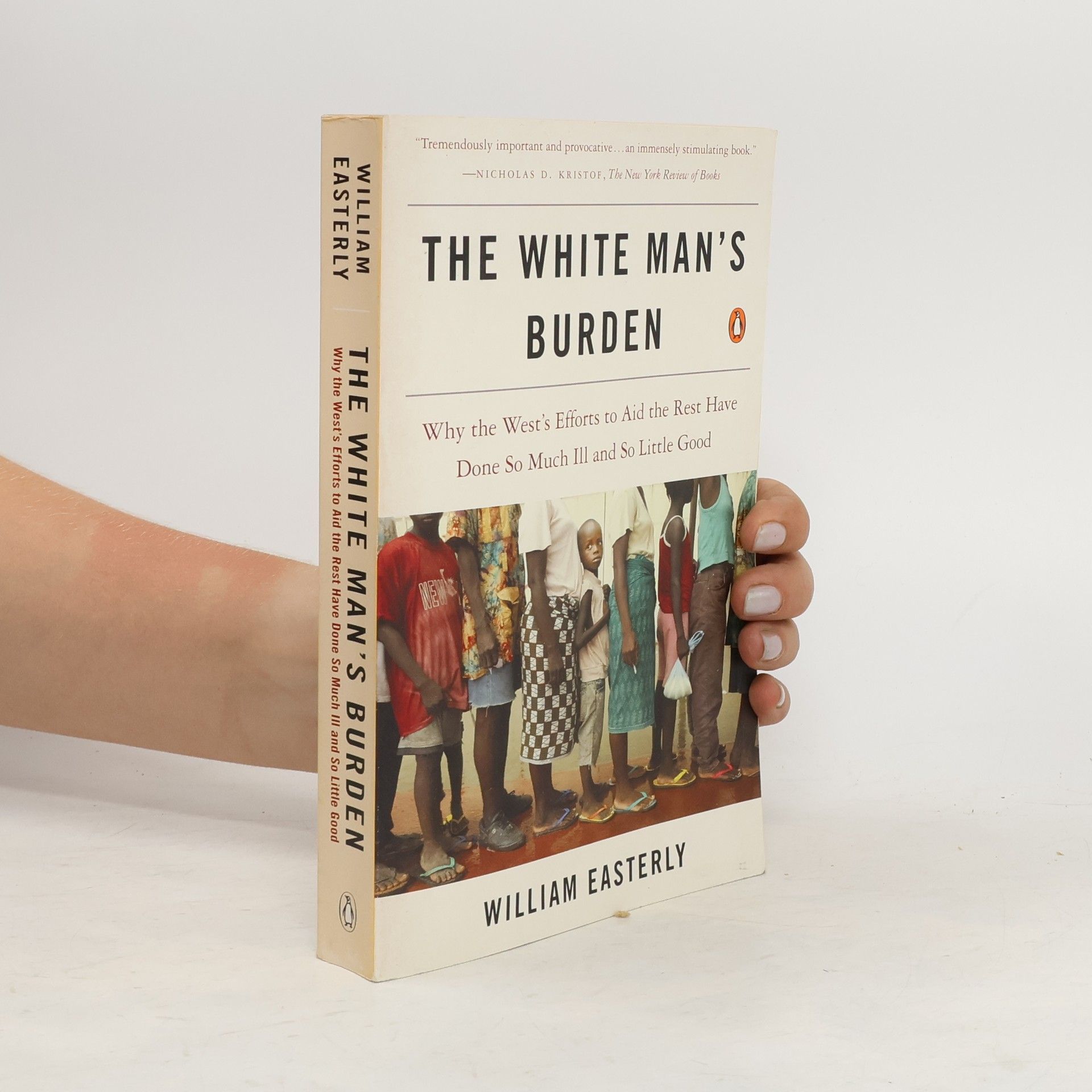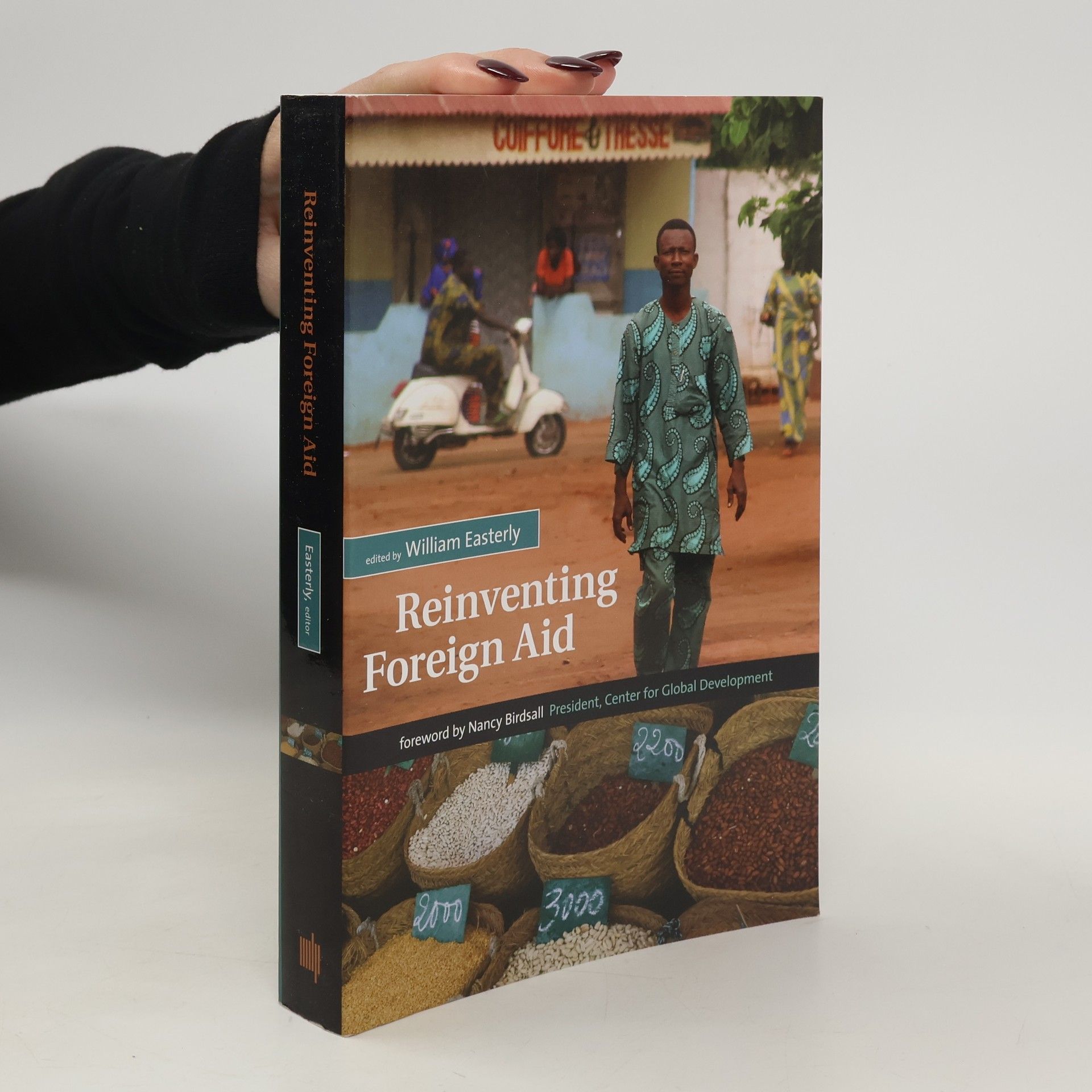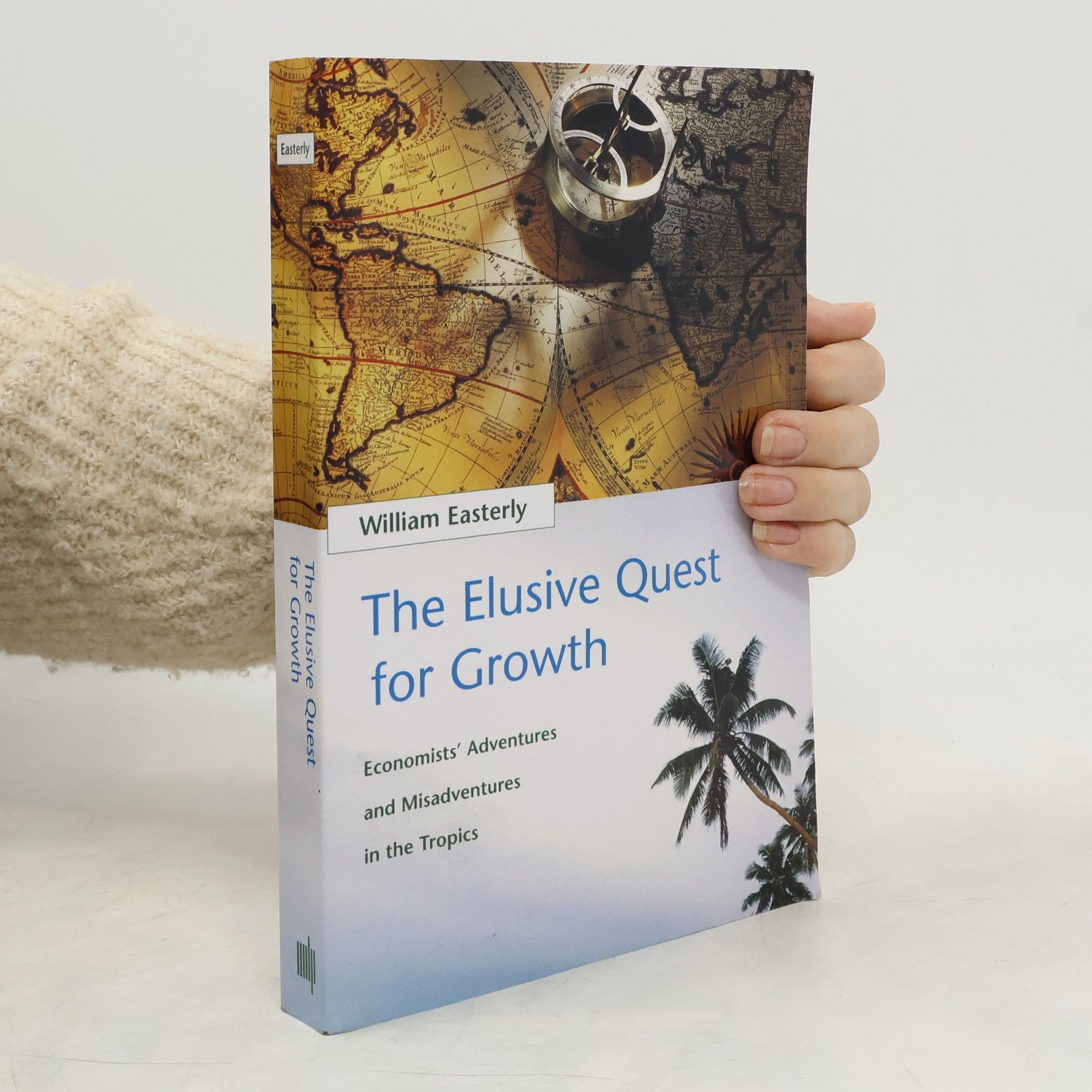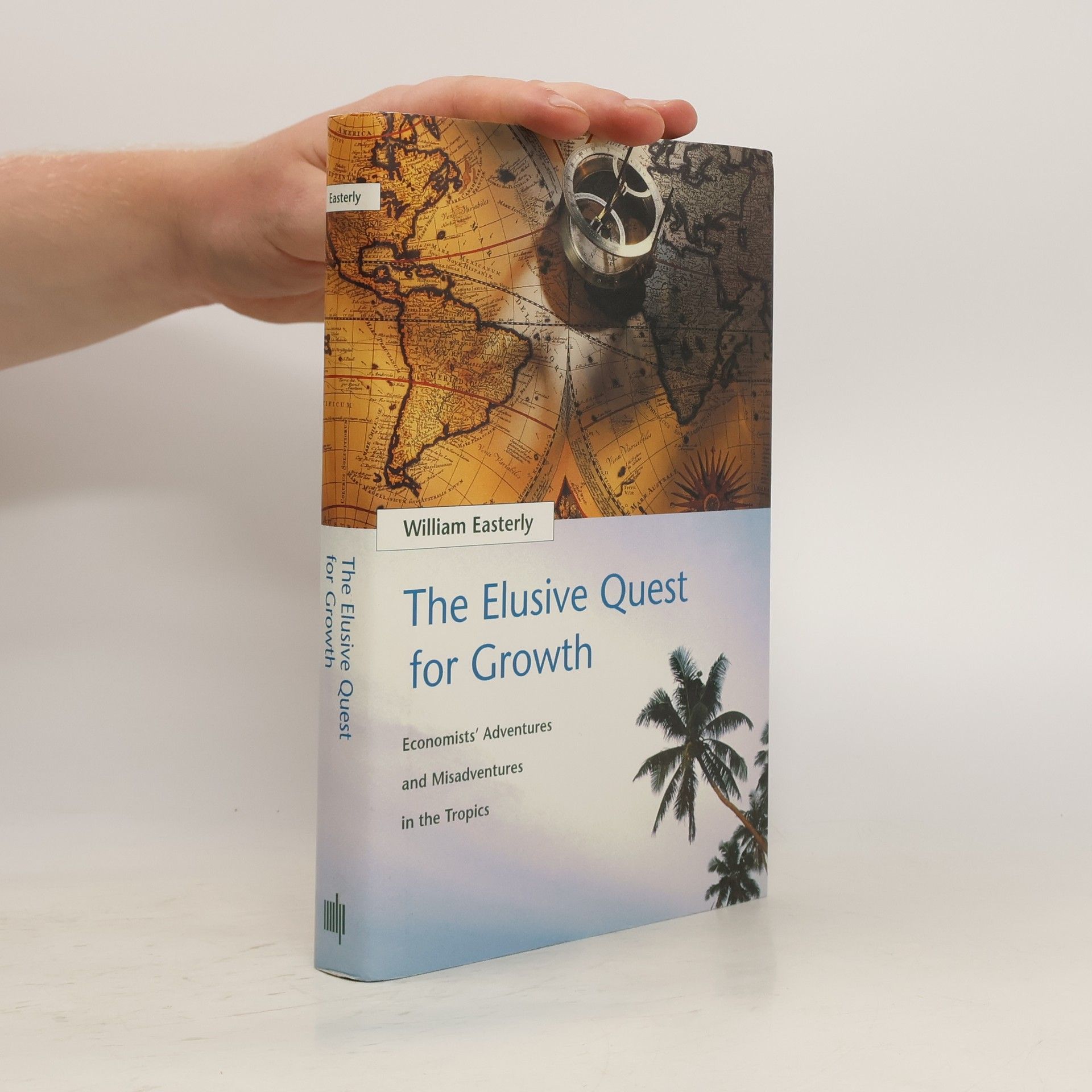Desde la Segunda Guerra Mundial, los economistas han buscado entender por qué los países pobres no alcanzan a los industrializados. El autor sostiene que el problema radica en no aplicar los principios económicos. Con un estilo accesible, el libro aborda la teoría del crecimiento económico desde una perspectiva práctica y comprometida.
William Easterly Book order (chronological)
William Easterly is a professor of economics whose work critically examines the determinants of long-run economic growth, the political economy of development, and the effectiveness of foreign aid. His research probes the often-unintended consequences of Western aid efforts, questioning their true impact and highlighting why attempts to improve conditions in the developing world can fall short. Drawing on extensive experience in developing regions and his tenure at the World Bank, Easterly offers a nuanced perspective on the complexities of global development. His analyses aim to uncover the realities behind development strategies and their practical outcomes.






A "bracingly iconoclastic" (New York Times) critique of global development that points a way toward respect for the poor and an end to global poverty Over the last century, global poverty has largely been viewed as a technical problem that requires the right "expert" solution. Yet all too often, experts fix immediate problems without addressing the systematic oppression that created them. In The Tyranny of Experts, renowned economist William Easterly argues that the expert-approved, authoritarian approach to development has not only made little lasting progress, but has proven a convenient rationale for generations of human rights violations. Although aid agencies, such as the World Bank and the Gates Foundation, are still regarded as both well-meaning and effective, they're founded on the mistaken belief that wise technocrats from the West will be the saviors of helpless victims from the rest. This revised edition comes at a time of even greater peril for freedom worldwide. Easterly brings in new research that carries his masterful critiques into the present. He reveals the fundamental errors inherent in the long-celebrated top-down approach and offers a new model for developing countries -- a model predicated on respect for the rights of poor people -- with the power to end global poverty.
The Tyranny of Experts
- 394 pages
- 14 hours of reading
An economist describes how tactics to fight global poverty have actually resulted in suppressing the rights of the poor and argues for a new model of development in third world countries that will address unchecked state power and retain individual freedoms. 40,000 first printing.
Reinventing foreign aid
- 624 pages
- 22 hours of reading
The white man's burden : why the West's efforts to aid the rest have done so much ill and so little good
- 448 pages
- 16 hours of reading
Argues that western foreign aid efforts have done little to stem global poverty, citing how such organizations as the International Monetary Fund and the World Bank are not held accountable for ineffective practices that the author believes intrude into the inner workings of other countries. By the author of The Elusive Quest for Growth. Reprint. 50,000 first printing.
The Elusive Quest for Growth
- 356 pages
- 13 hours of reading
Why economists' attempts to help poorer countries improve their economic well- being have failed.
Since the end of World War II, economists have tried to figure out how poor countries in the tropics could attain standards of living approaching those of countries in Europe and North America. Attempted remedies have included providing foreign aid, investing in machines, fostering education, controlling population growth, and making aid loans as well as forgiving those loans on condition of institutional reforms. None of these solutions has delivered as promised. The problem is not the failure of economics, William Easterly argues, but the failure to apply economic principles to practical policy work.In this book Easterly shows how these solutions all violate the basic principle of economics, that people -- private individuals and businesses, government officials, even aid donors -- respond to incentives. Easterly first discusses the importance of growth. He then analyzes the development solutions that have failed. Finally, he suggests alternative approaches to the problem. Written in an accessible, at times irreverent, style, Easterly's book combines modern growth theory with anecdotes from his fieldwork for the World Bank.